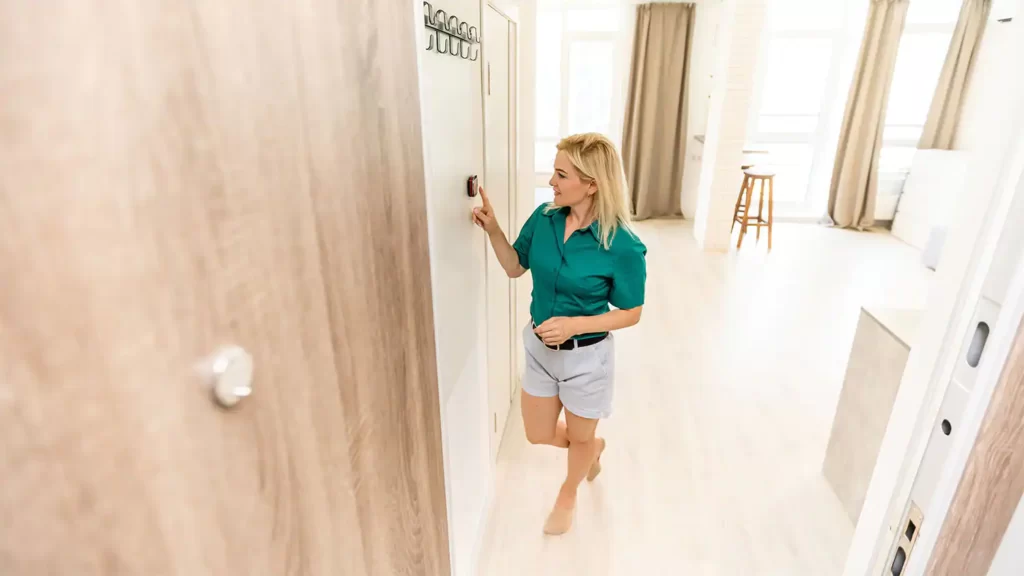Modern appliances in our houses have grown increasingly ubiquitous, proving that technological innovations have transformed our way of lives. Air conditioners are one such great invention.
Did you know that because of air conditioners, modern medicine became a reality? You may be wondering how it is possible, yet many of the pharmaceuticals we use today were created in temperature-controlled laboratories.
Today, air conditioners have become an integral part of our lives, whether in our homes or offices. But like any other appliance, your AC may also fail or become ineffective at some point.
Therefore, it is important to equip ourselves with the necessary knowledge about air conditioners so that we can perform little fixes on our own. In other cases, AC repair with Autumn Air is a great option if you are seeking a reliable and trusted HVAC professional.
That being said, we will explore the reasons behind an ineffectively working air conditioner and also what can you do to keep them running in a good condition.
7 Reasons Your AC May Not Be Working Optimally
1. Clogged evaporator coils
An air conditioner has interior coils that collect heat from the indoor air and outside coils that transmit heat from the indoors to the outdoors. If each of these coils has a covering of dirt on it, heat conduction between the coils and the air pushed over them becomes significantly more difficult.
This can significantly impair the system’s capacity to remove heat from the home, and the air that flows out of the vents will be warmer than normal.
2. Clogged condenser
Condenser units are found in the outside unit of the AC, where over time, they can get stuffed by plants, shrubs, and other shrubberies. The condenser unit will not be able to efficiently discharge heat from the condenser coils if it is clogged.
This implies that the heat taken from indoors will not be adequately discharged.
3. Congested air filters
When your air filter is congested, the amount of air that can pass over your evaporator coils is reduced. When this happens, most of the warm air that your air conditioner draws from the air in your house will not be cooled.
4. Compressor failure
The compressor in your air conditioner maintains appropriate refrigerant pressure, making it one of the most crucial components of your machine. Without it, your system would be unable to collect heat from your home’s rooms and transport it outdoors. If it begins to fail, the air conditioner will be unable to effectively cool the house.

5. Refrigerant leak
Refrigerant is the fluid that passes through the air conditioner coils, transferring heat from within the home to the outside condenser unit. If your system is leaking refrigerant, it will be unable to efficiently transport heat out of your home. Your air conditioner will operate but will not sustain the required temperature.
6. Outdated
An air conditioner won’t be able to chill the house as effectively after it has reached the end of its useful life. Because of the natural limitations of an air conditioner’s lifespan, it is crucial to replace your system when it can no longer function properly.
7. Thermostat malfunction
If the air conditioner runs constantly and short cycles, if the room feels warmer than the temperature you set it to, or if the cooling system fails unexpectedly, the problem may be with the thermostat.
How do I keep my air conditioner in good condition?
Using the right size AC for your room
The misconception that a larger system is preferable to a small one is one that homeowners frequently make when choosing an AC unit. If your air conditioner is too large for your home, you will experience short cycling.
As a result, your AC unit performs poorly and uses more energy since it doesn’t have enough time to adequately dehumidify the room.
Cleaning the filters
By keeping your AC filters clean and new, you may reduce the amount of airborne pollutants, ease allergy symptoms, improve the quality of the air, and limit your AC from working too hard.
Keeping the condenser and outside unit clean
The AC condenser should be cleaned once a year to ensure efficient operation and peak performance. You should remove dirt, leaves, and other debris by cleaning the condenser’s fins and bottom on your own.
Insulate the rooms
Since heat naturally travels from warmer to cooler areas, adequate insulation keeps airflow from escaping through walls, floors, and ceilings. Making indirect energy changes will improve the efficiency of your air conditioner.
Install a smart thermostat
A smart thermostat can be used to regulate the air conditioner to the right temperature for your space. By doing this, the air conditioner won’t have to exert as much effort to produce more cool air.
Turn it off
When not using your air conditioner, turn it off. The AC unit will become strained if it is left on constantly.
What is the lifespan of an AC?
The life expectancy of an air conditioner can vary substantially. There are several factors that can either help extend the life of your system or cut it short, starting with the quality of the unit and the installation work completed by specialists, your climate and comfort preferences and how well or poorly the system is maintained.
And when a significant problem arises, deciding whether to repair or replace the air conditioner might extend its lifespan by replacing a significant component or shorten it if you choose to buy brand-new equipment.
While every unit is unique, and every homeowner has a distinct concept of when their central air conditioner is beyond repair, it’s safe to say that with adequate maintenance and care, you can anticipate a modern high-efficiency air conditioning system to provide 15 to 20 years of cooling.
Final words
As previously discussed, there could be various reasons why your air conditioner isn’t operating properly. It is important to inspect them on a regular basis and perform routine maintenance to extend the life of your cooling system.
When looking for superior AC installation, it is quite easy to be confused and lost with all the available options in the market. As a result, for all of your heating needs, seek guidance exclusively from professional and trusted HVAC specialists.





